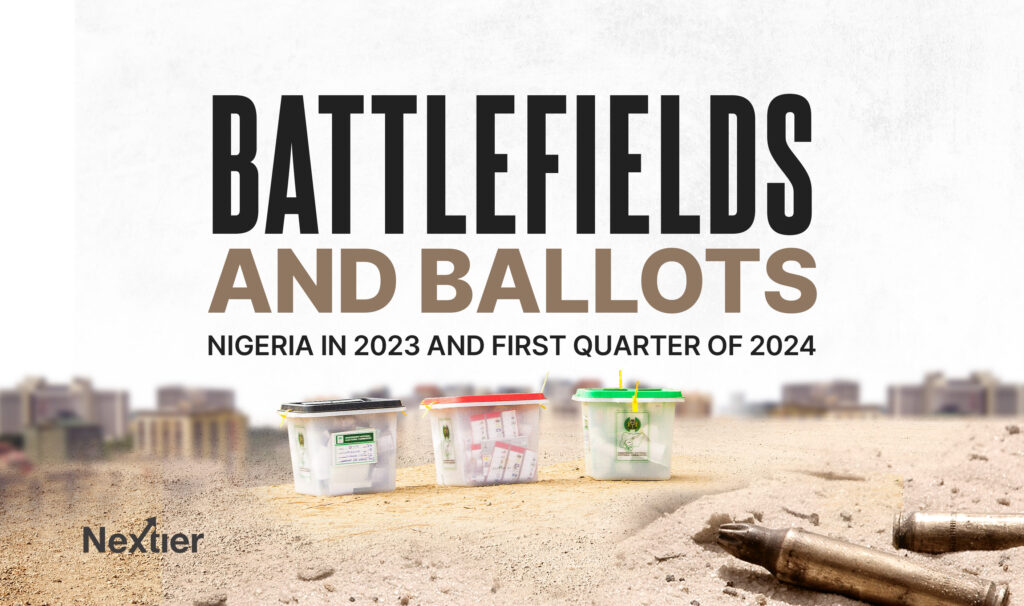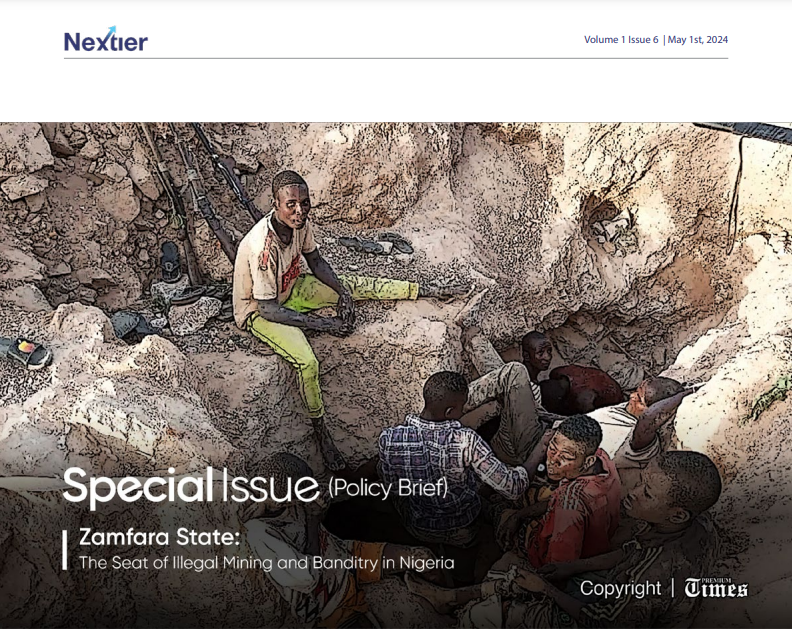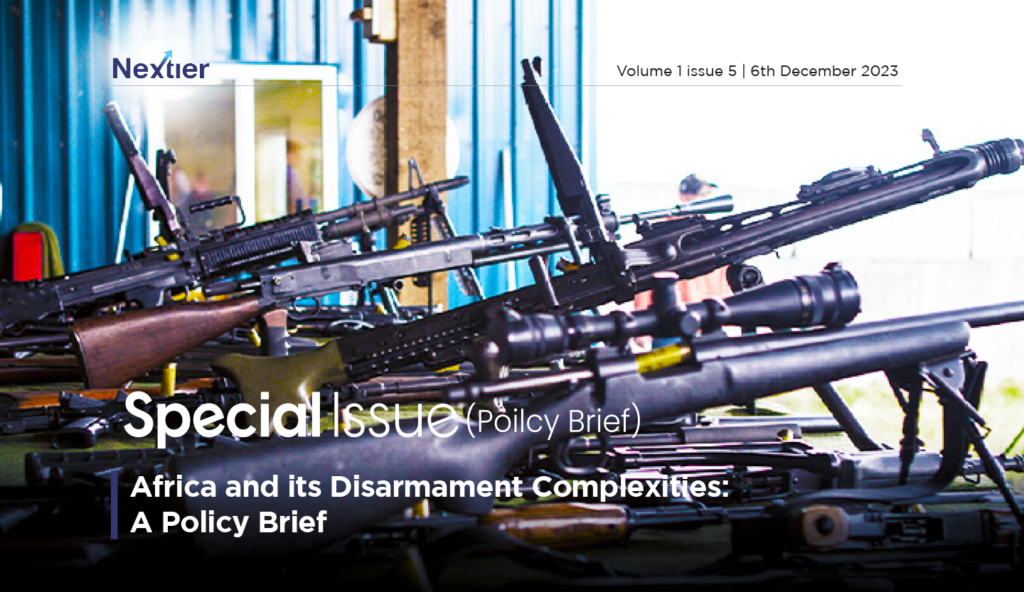In February 2022, when Chukwuma Soludo was sworn in as the elected Governor of Anambra state, his recurrent mantra was to hit the ground running from day one. But like most development objectives, security and stability are major prerequisites. Anambra state and other southeast states are home to gunmen violence and persistent pro-Biafra secessionism. As a result, the region has moved from relative normalcy to a largely undeterminable security atmosphere. Since May 2022, data from the Nextier Violent Conflict Database recorded 19 incidents and 32 fatalities by the activities of security forces and criminal gangs.
Reoccurring sit-at-home compliance, gunmen attacks and razing of public infrastructure is undoubtedly a clog in the new Governor\’s wheel. Mondays are widely observed as sit-at-home days in the region, even as the Indigenous People of Biafra (IPOB) had announced its discontinuity. Non-compliant residents often face attacks by hoodlums enforcing stay-at-home orders. In March 2022, Governor Soludo ordered workers to resume work on Mondays despite fears of attacks. The Governor\’s effort to restore peace in the state and the region, in general, is shown in the creation of the Truth, Justice and Peace Committee and the visit to IPOB\’s incarcerated leader, Nnamdi Kanu, who is facing treason charges. The committee is positioned to interface with the Federal government on behalf of \”prisoners of conscience\”.
The Governor\’s peace efforts have not ended the state or region\’s episodes of fatal attacks. Although the days of stability may be premature, other factors may be playing out in the region. For instance, the recurrent attacks and IPOB\’s denial of involvement poses three theories. First, IPOB is deploying an \’attack and deny\’ approach. Most violent attacks in the region are on government facilities, public infrastructure, security personnel, non-compliant residents, perceived government workers and political elites. These victims largely represent the Nigerian state, which IPOB aims to secede from. Second, new elements of criminality may have been created in the region as security agencies and IPOB continues to trade blames. The southeast region\’s uncertain security ecosystem and its politicisation have created a smokescreen for new non-state armed groups. Third, a faction of IPOB, which Nnamdi Kanu appear not to support, has emerged. IPOB\’s leader\’s condemnation of the attacks during Governor\’s Soludo visit supports the three theories.
While the fogs around the southeast violence may take time to clear up, the Nigerian state and the region\’s stakeholders must get involved in peacebuilding and securitisation efforts. Southeast governors must form a collaborative front to end the region\’s woes. The collaboration should involve state-level promotion of security. The Ebube-agu regional security framework should be institutionalised and empowered across states to support formal security structures. Rising violence should lead to increased securitisation. Although the pro-Biafra secession struggles may complicate this effort, the involvement of the Ebube-agu will bring a sense of local ownership to policing in the region.
As Governor Soludo appear to be leading non-kinetic peace approaches, other southeast governors should rally around to establish a more coordinated approach. Gunmen violence in the region is ubiquitous. Therefore, collaborative efforts will be more holistic and impactful. Consultations with agitating groups will promote more robust dialogues and help the government, especially security agencies, clear the uncertainties around the region\’s security challenges. Considering pro-secession struggles, which have been intricately mixed with violent conflicts in the region, local engagements will help restore the government\’s authority and support. It will also counteract the propaganda of government-sanctioned attacks and victimisation of pro-Biafra supporters. Furthermore, the Nigerian state should commit to a speedy and fair trial of IPOB\’s leader as prolonged court proceedings may further fuel agitations and unrest in the southeast. Restoring normalcy in the gunmen\’s hotbed requires government and the regional stakeholders\’ tactical involvement in peacebuilding and securitisation.


